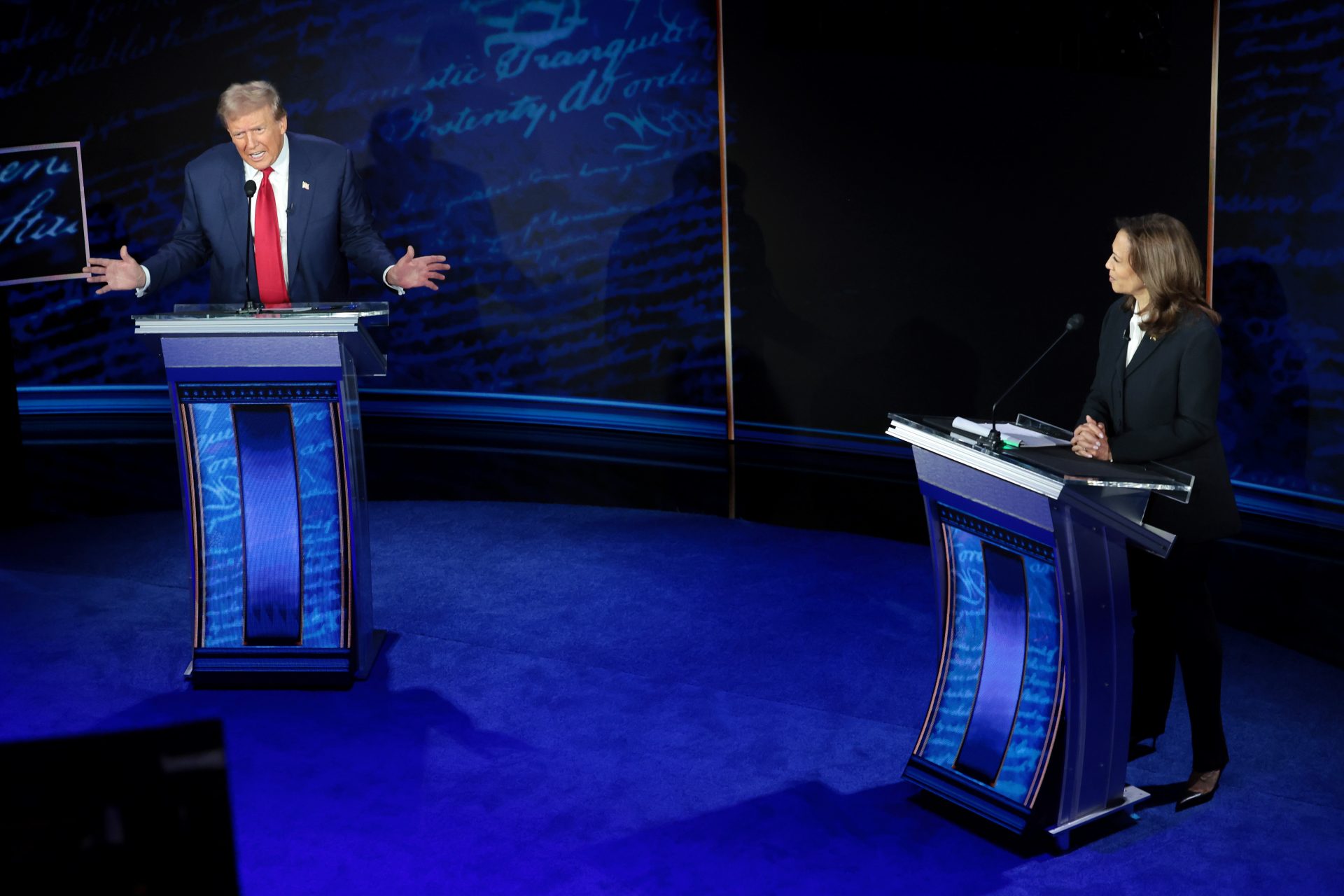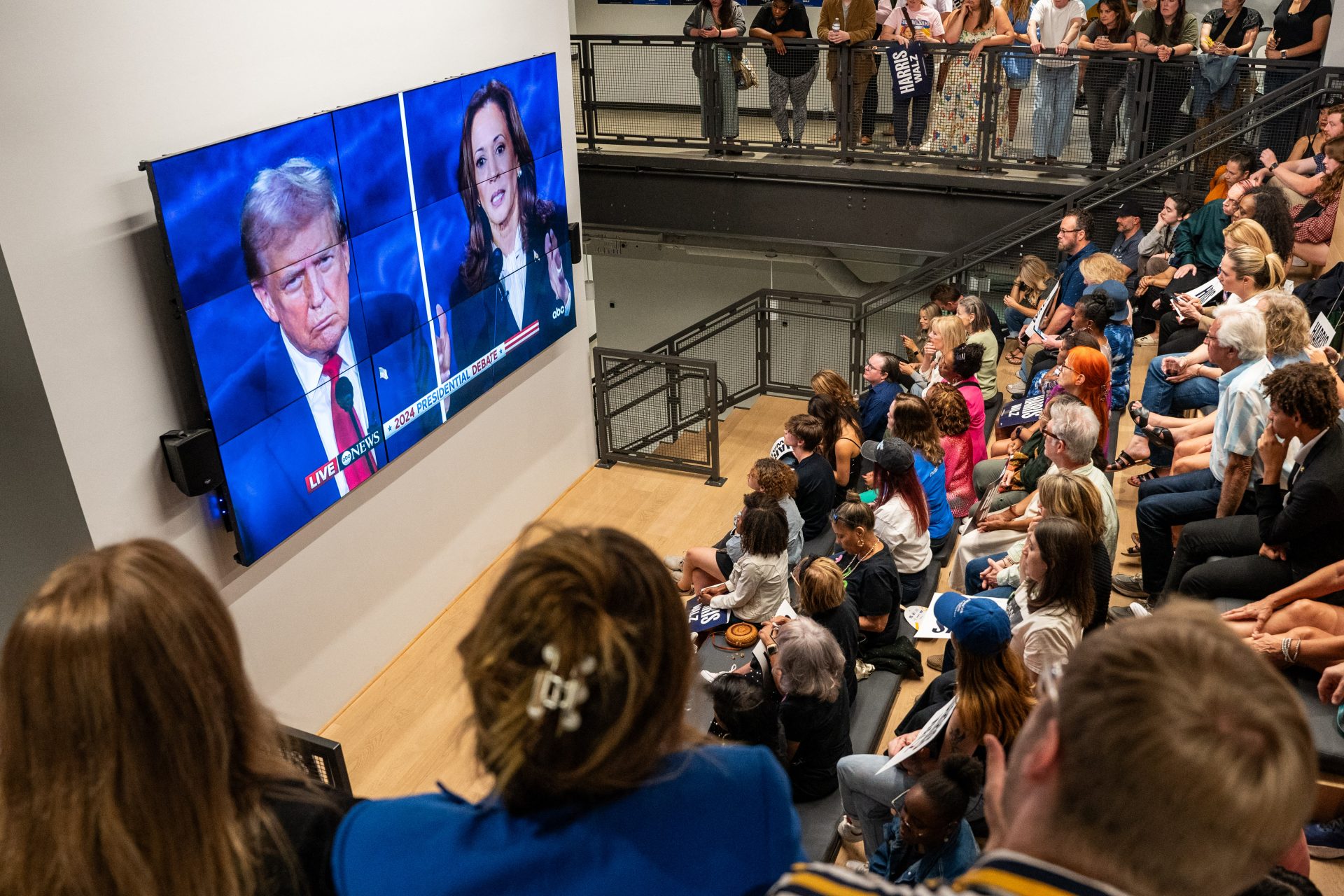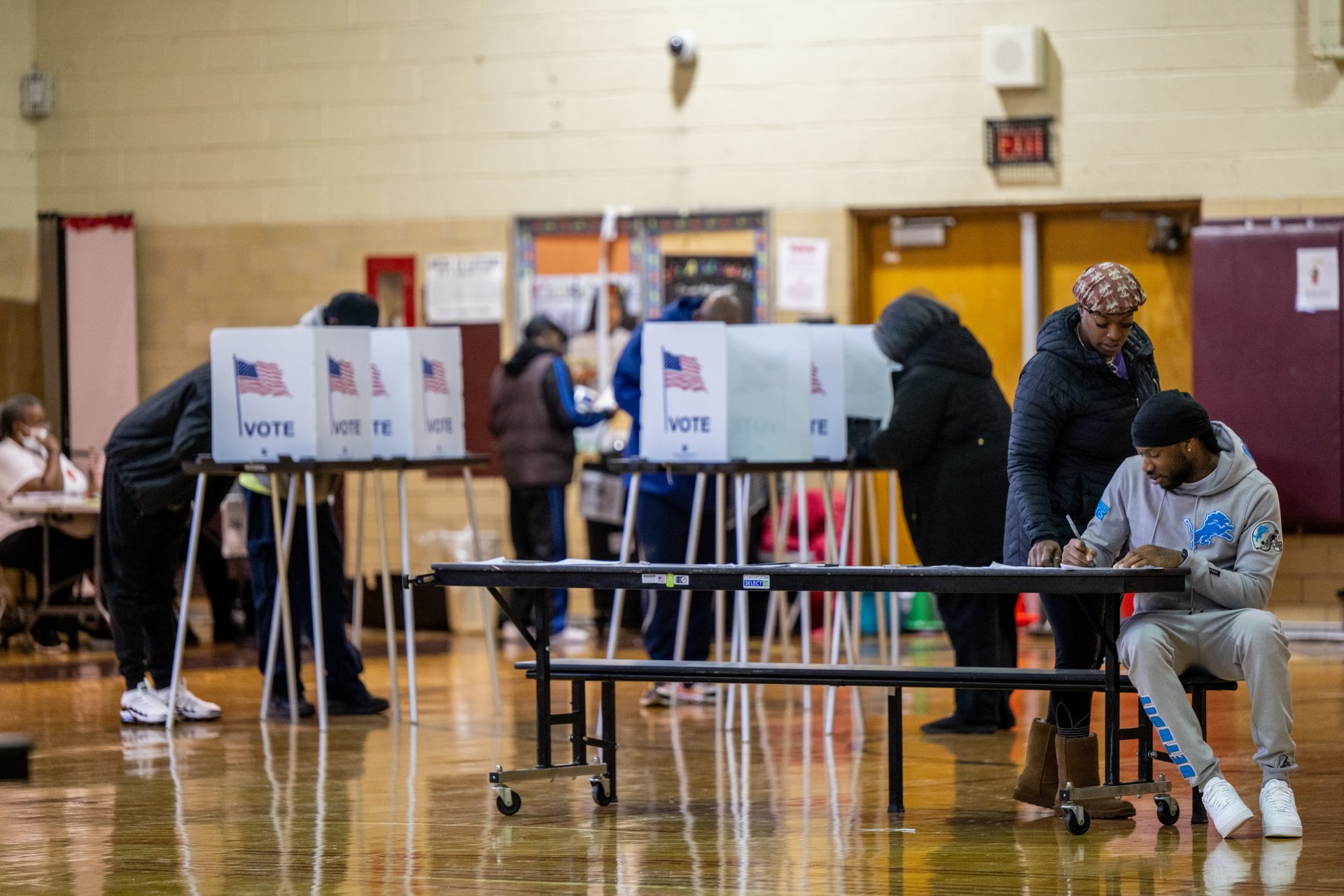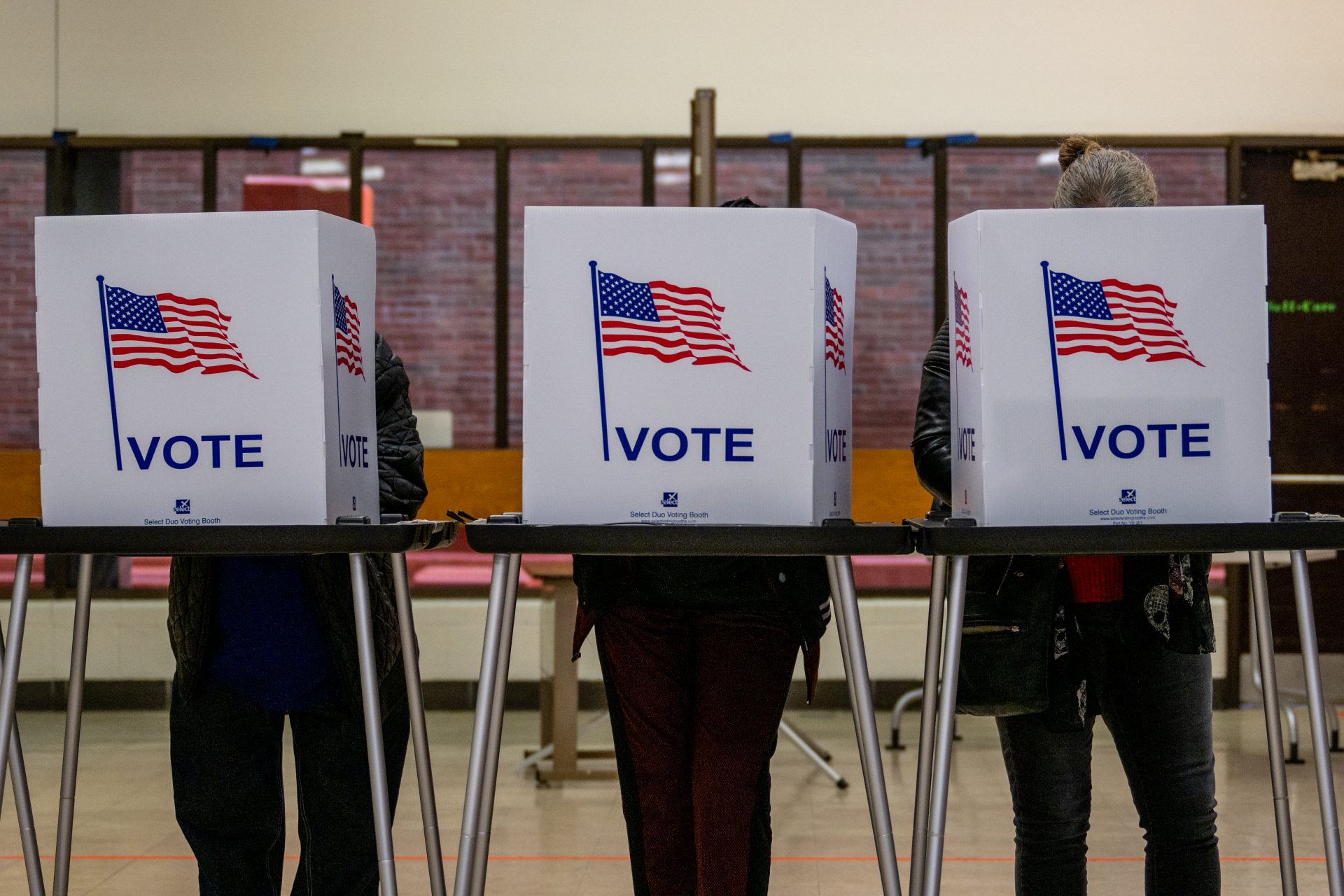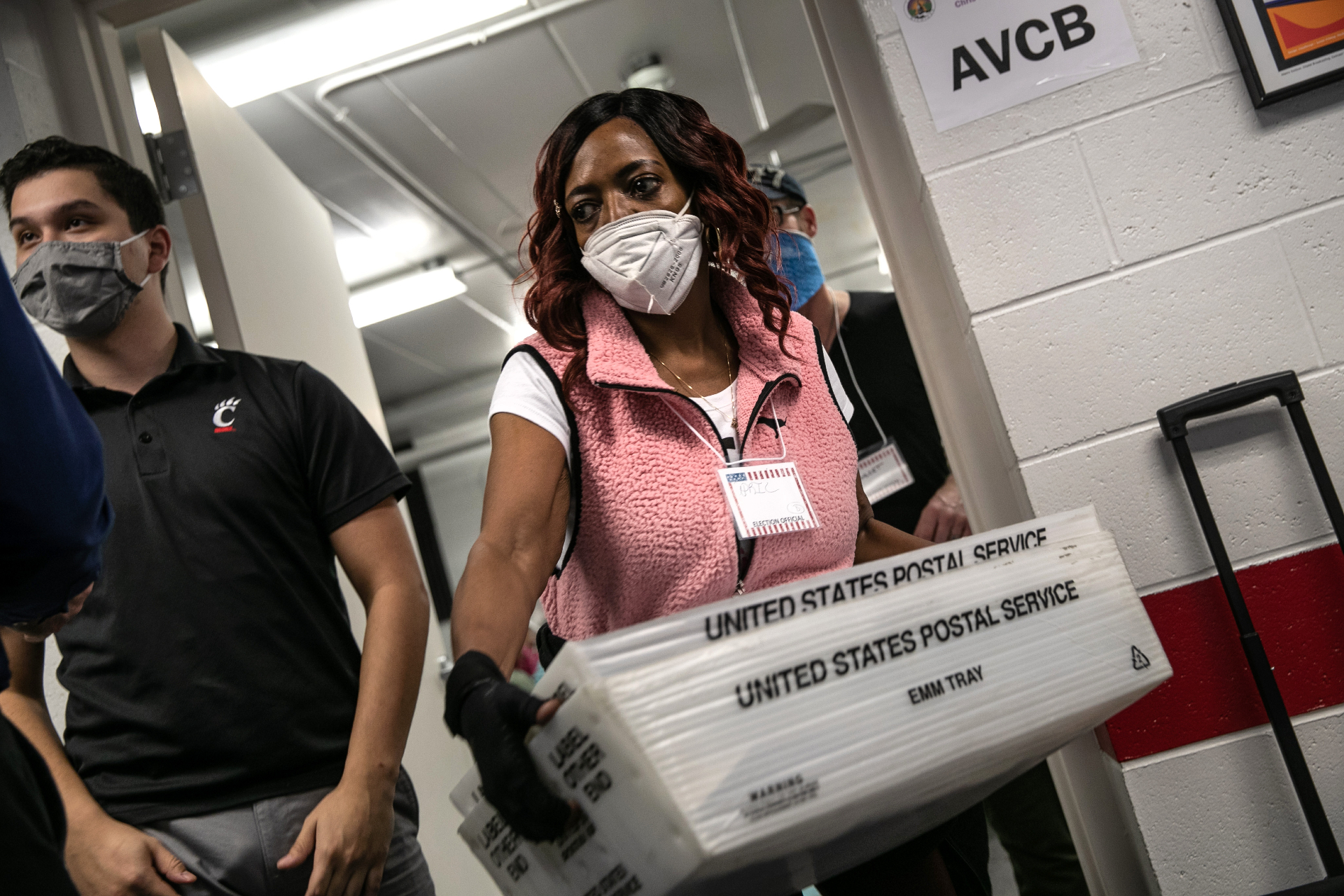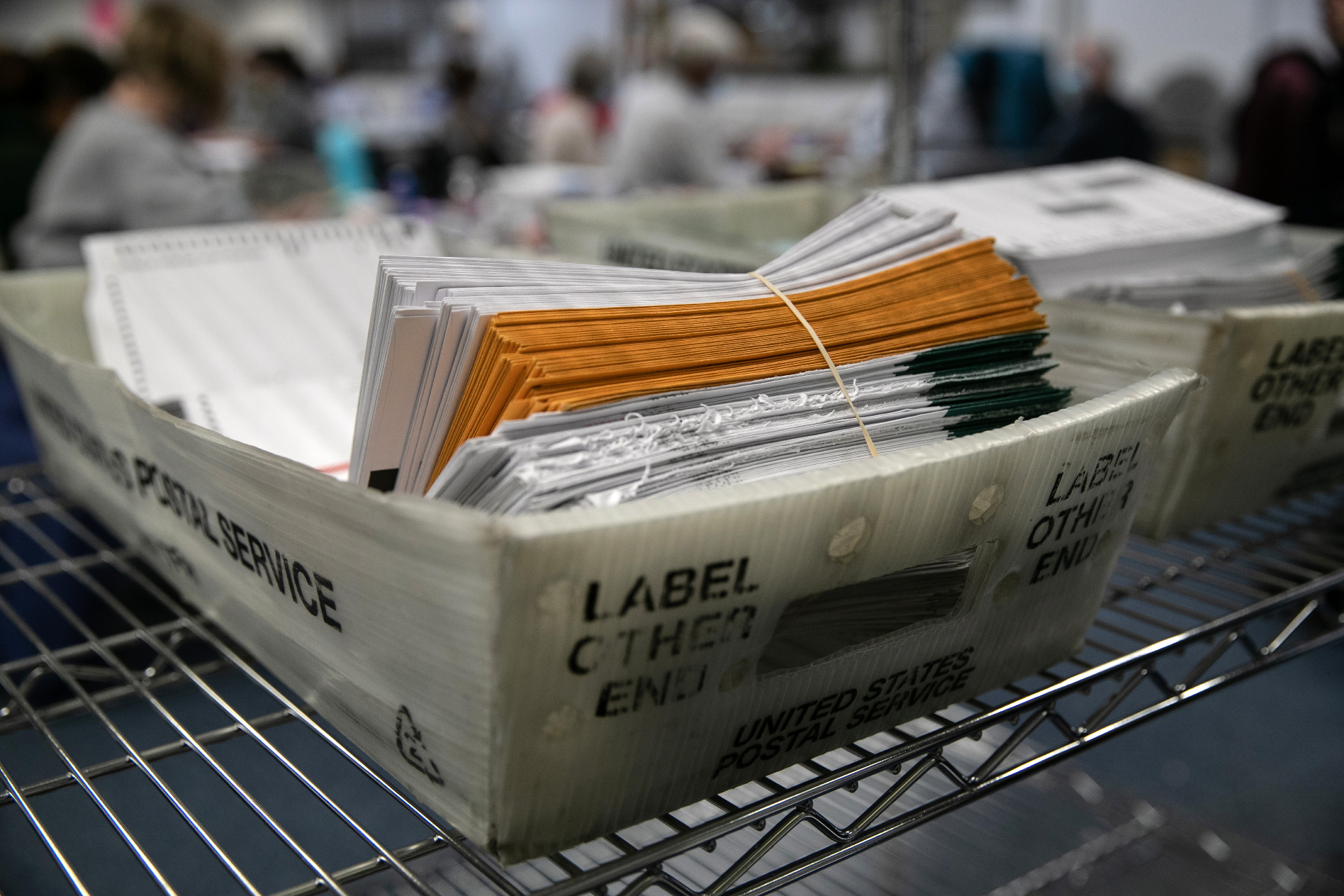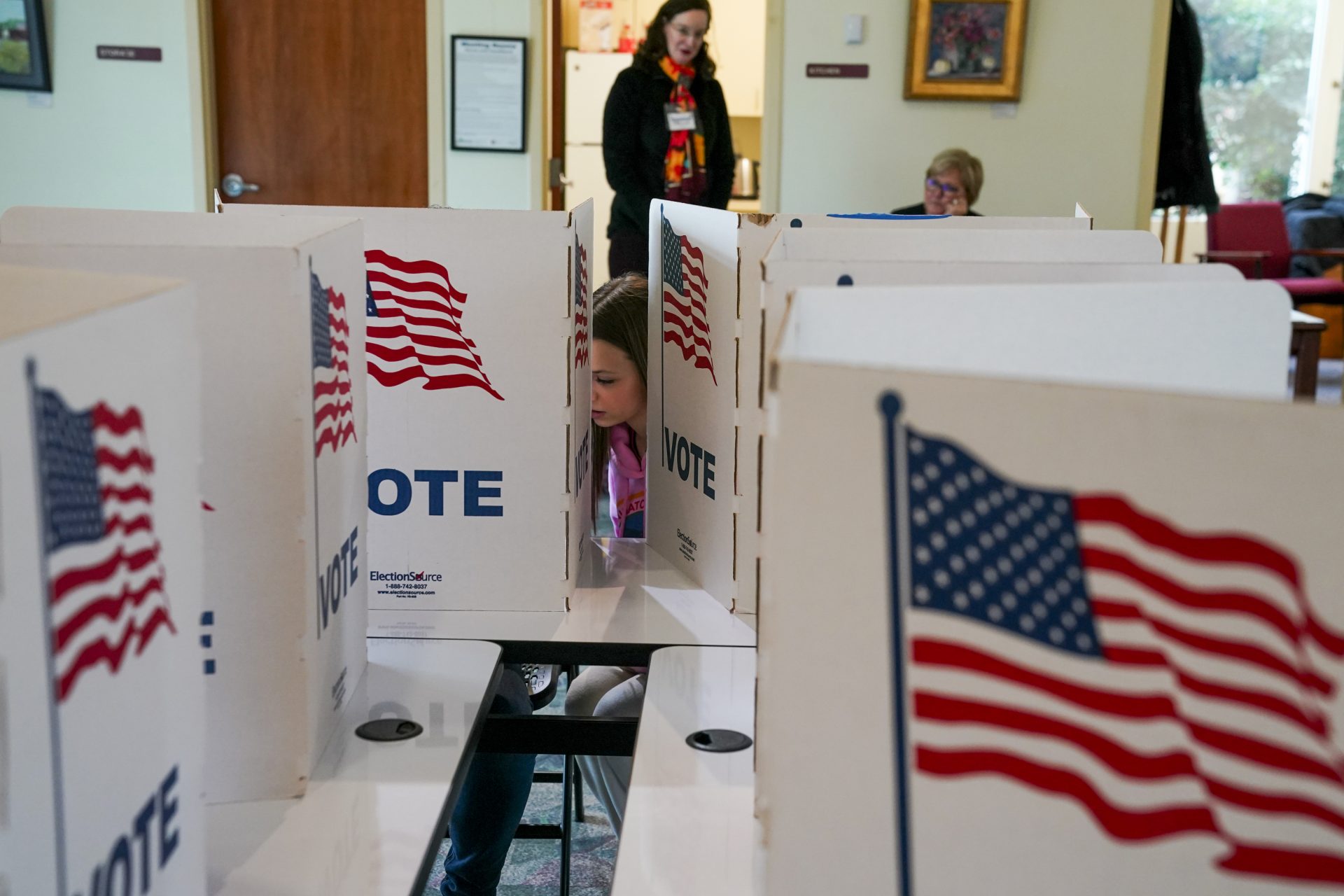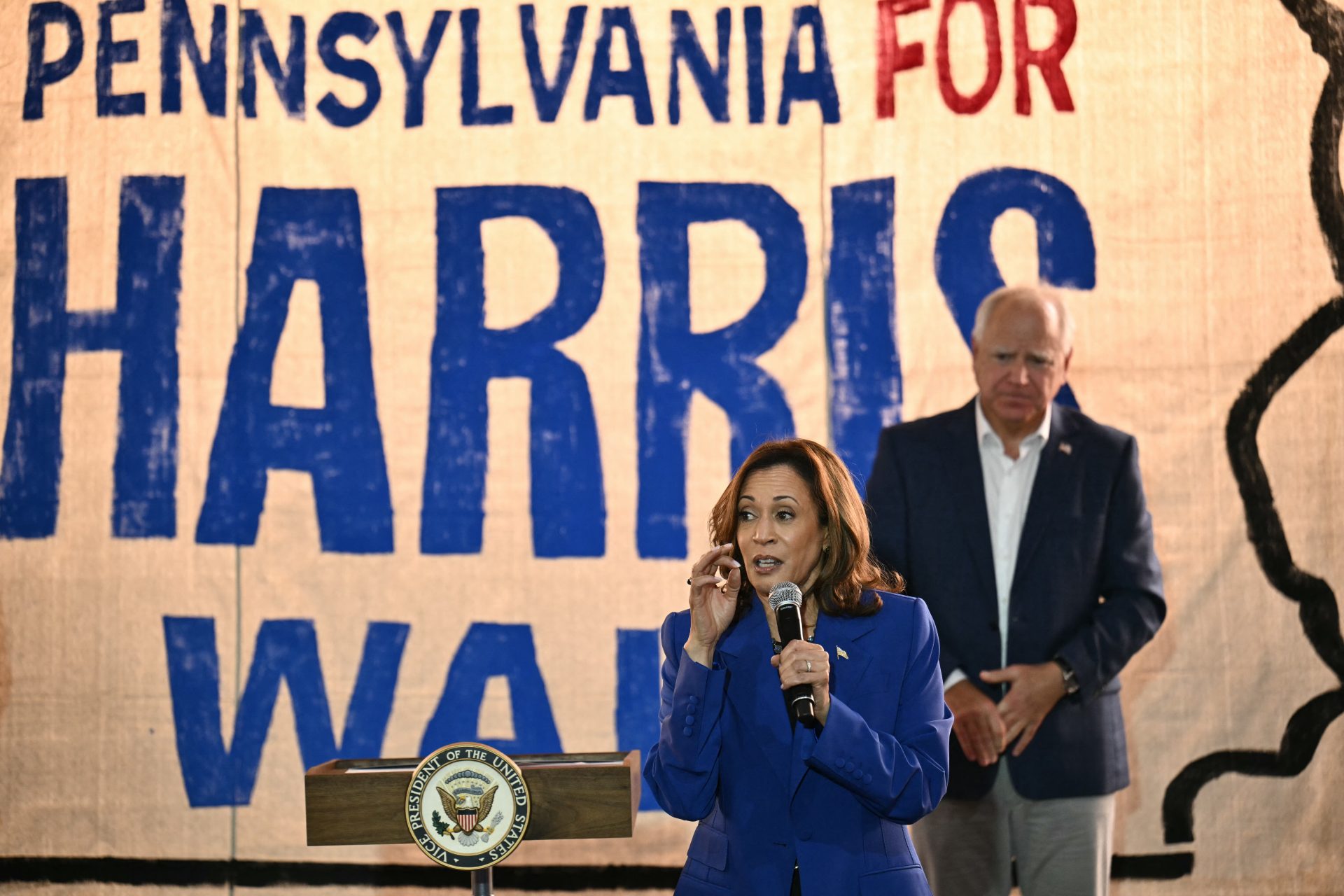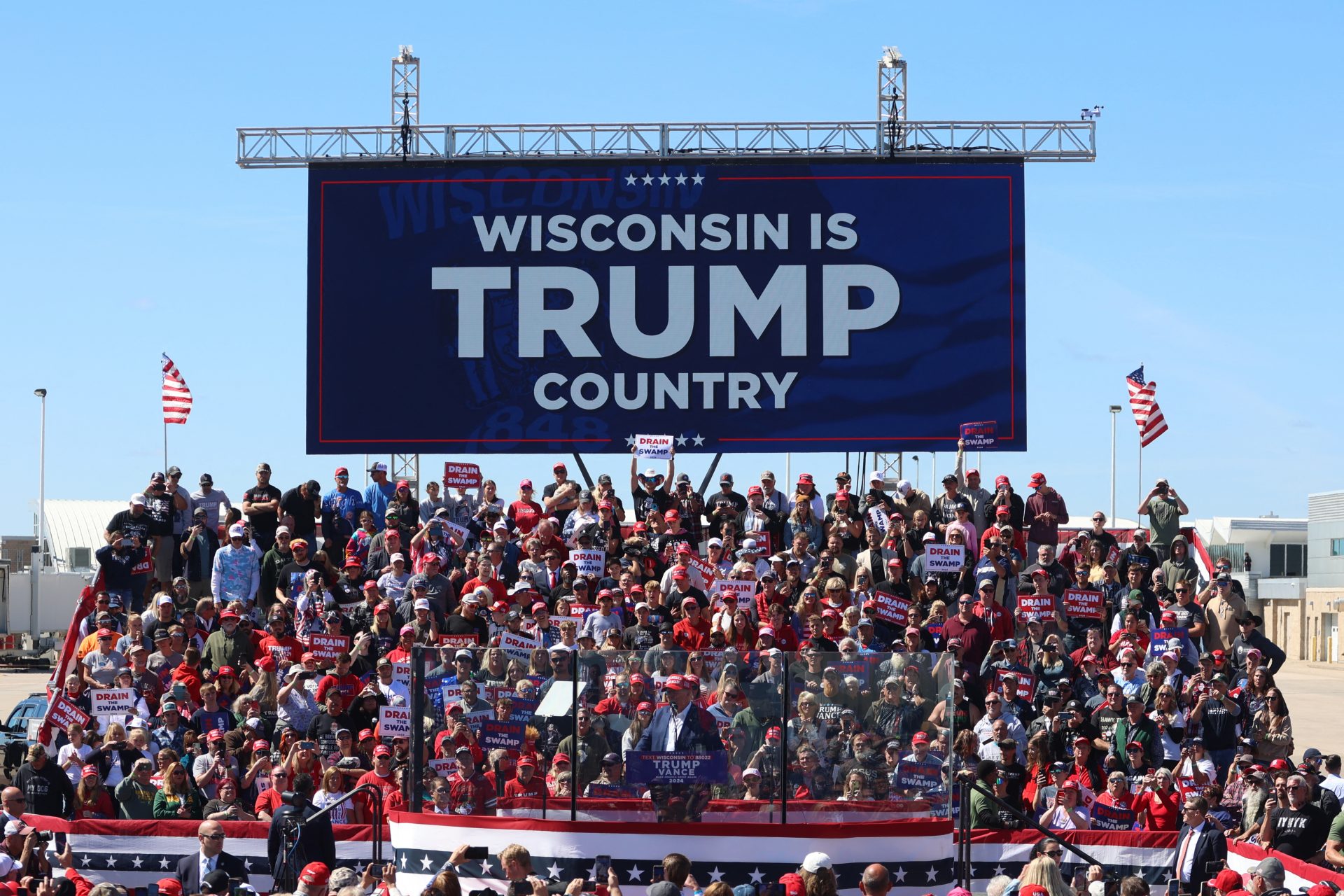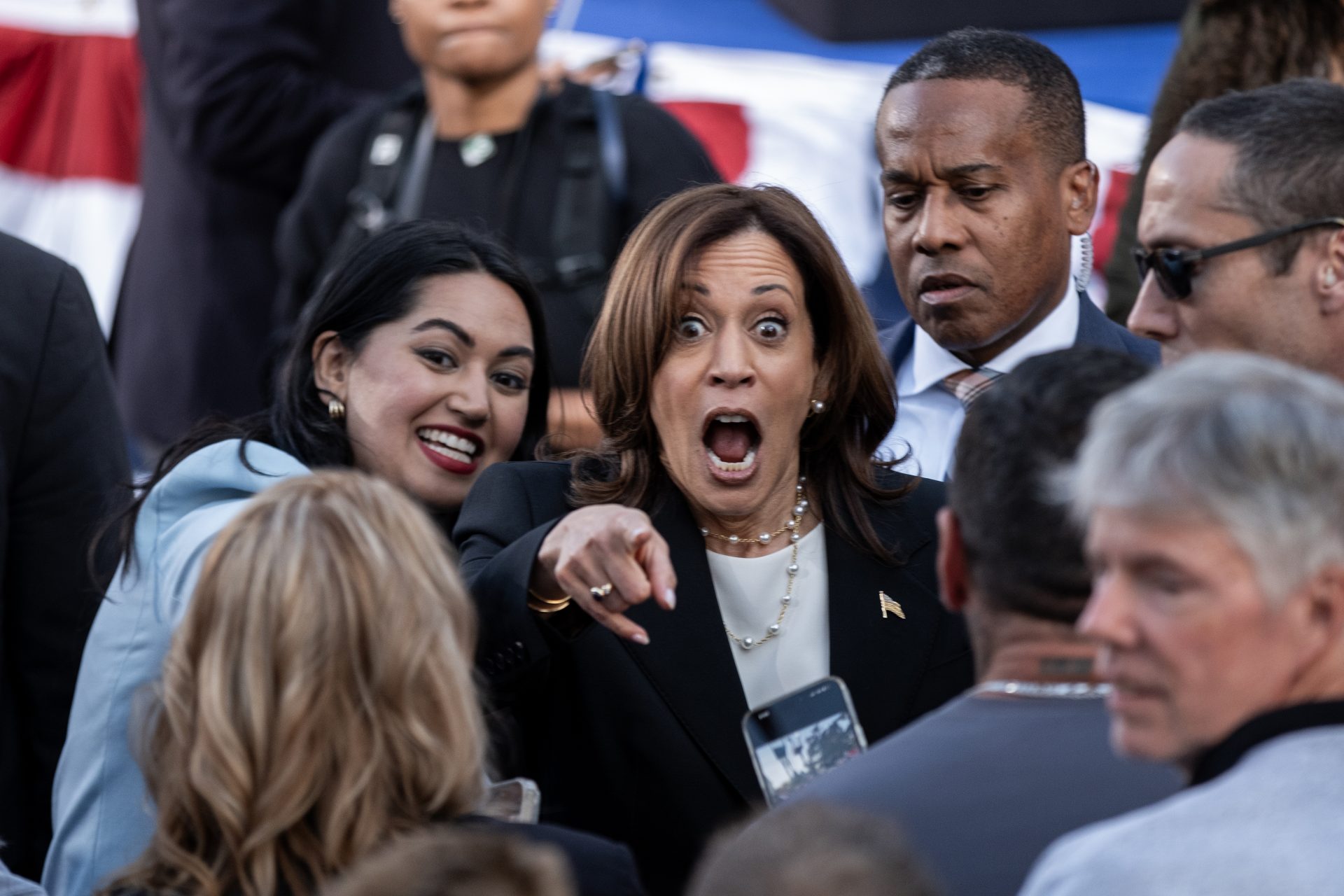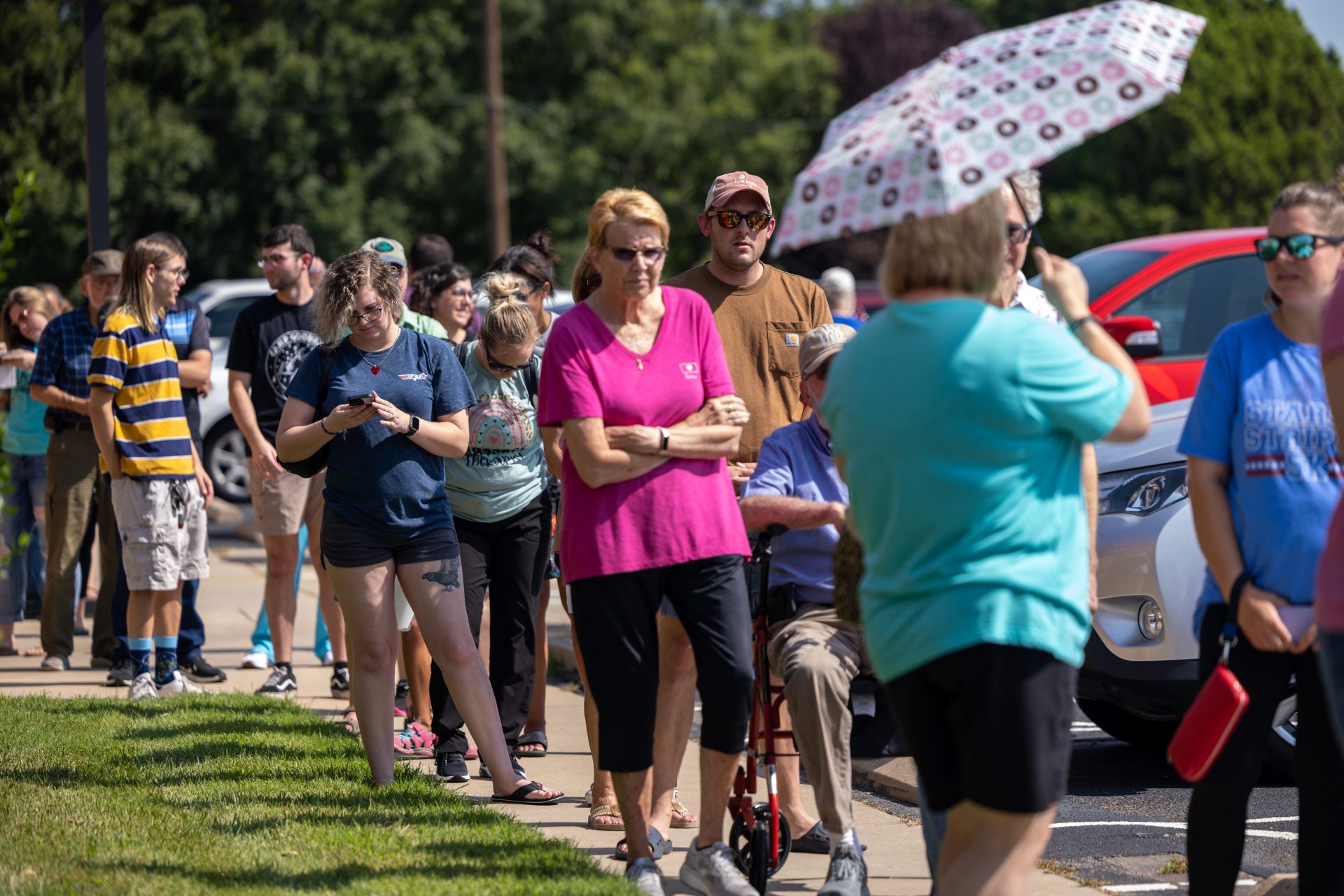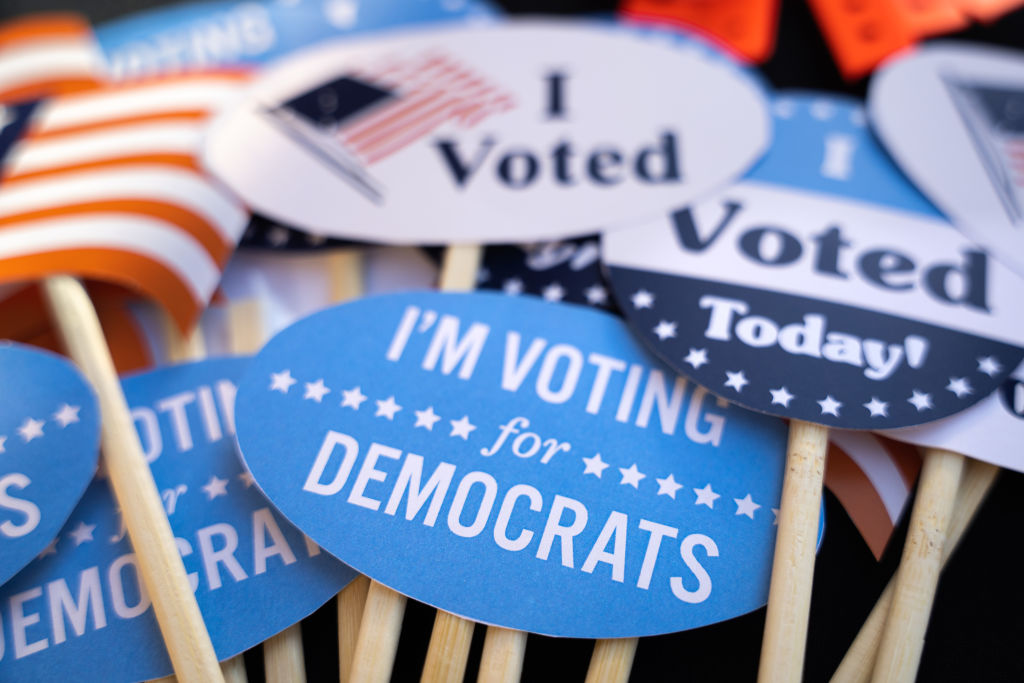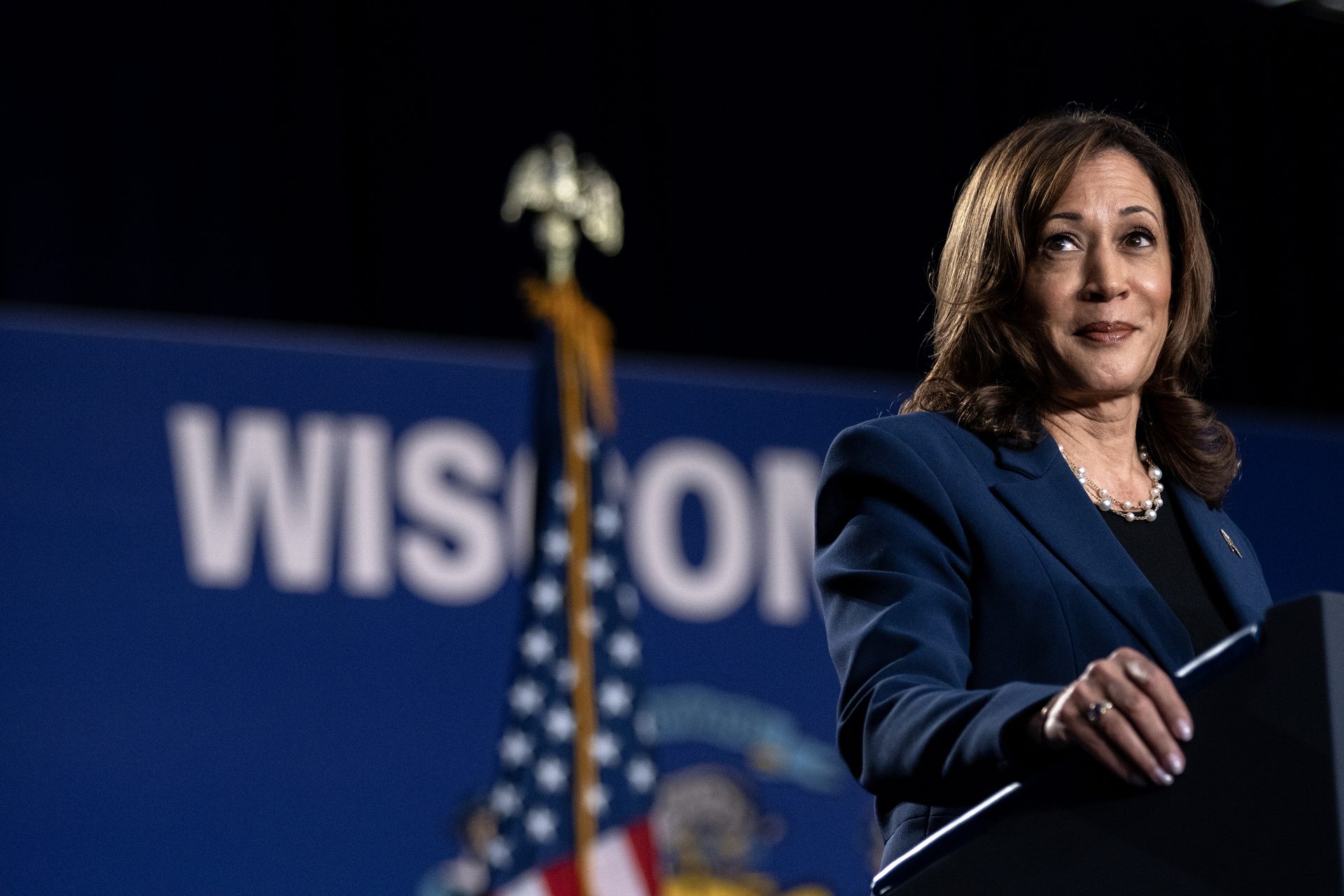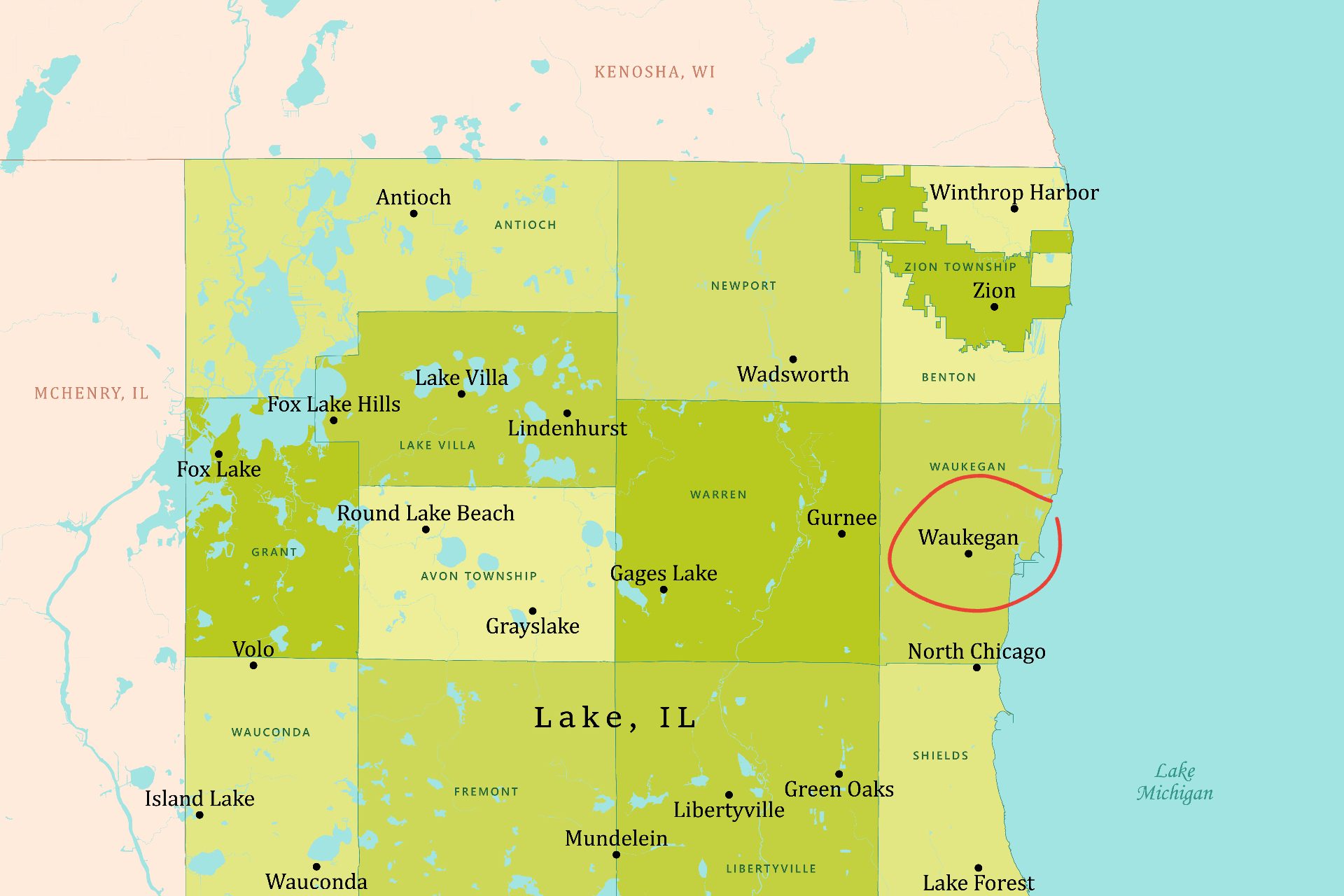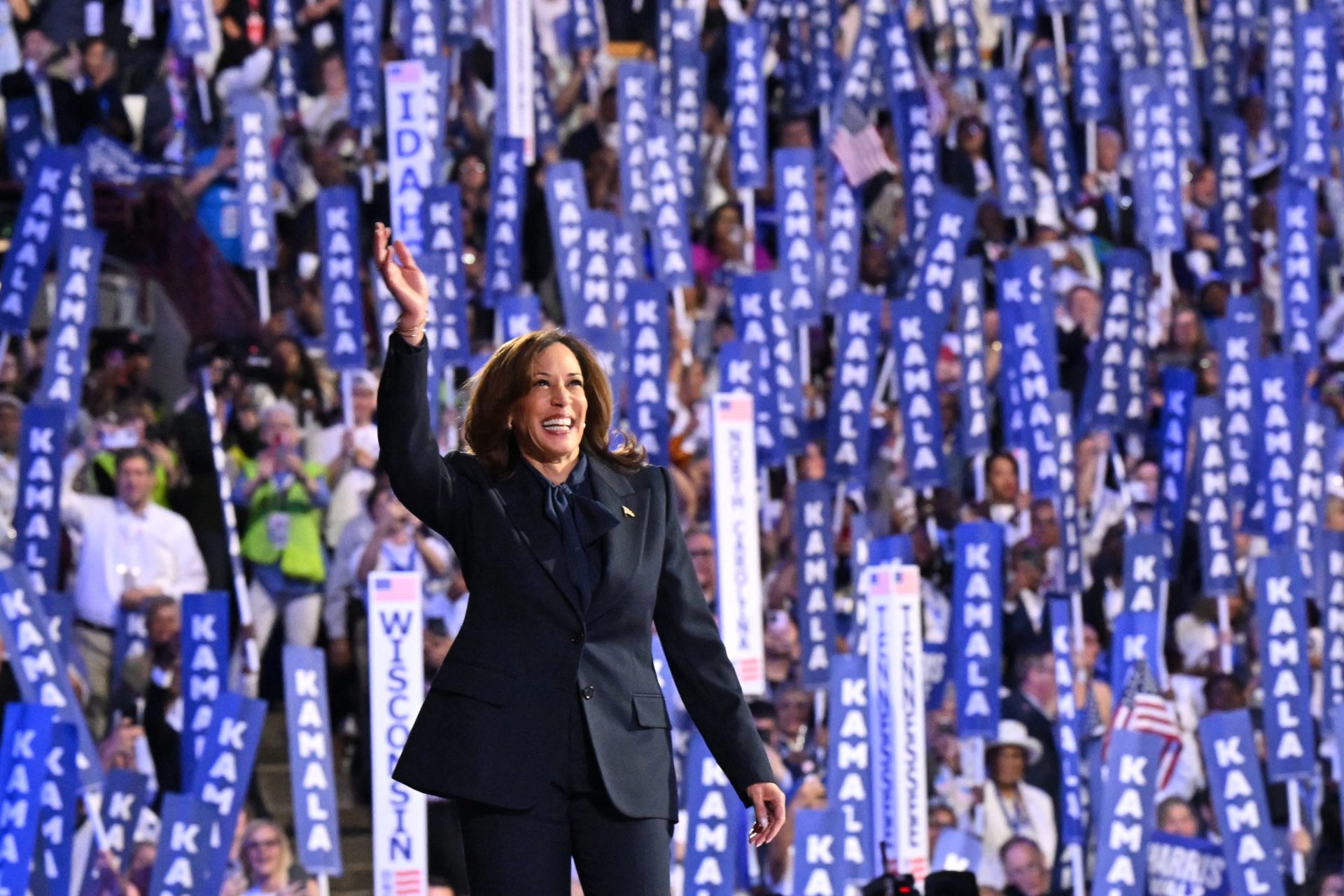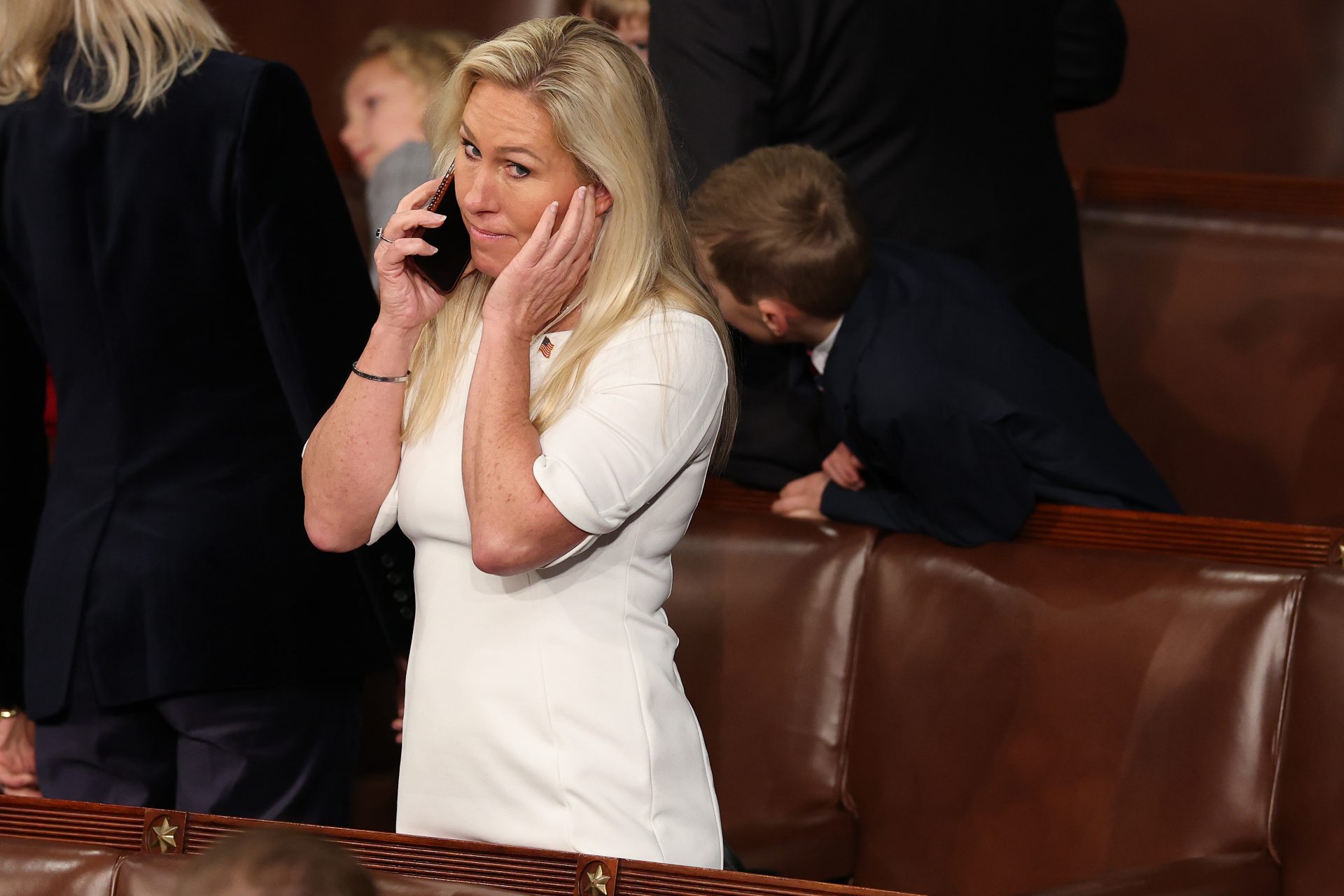Is the US electoral system favoring a few voters over the rest of the country?
After the debate between Kamala Harris and Donald Trump, comedian and political commentator Jon Stewart made a joke that may have resonated with most Americans.
Stewart said that the debate could define who would be the President of “the steamed nation” of “Pawinevmiazganc,” using the codes of the seven battleground states that will determine the 2024 election.
Jokes aside, the quote could have resonated with an increasing number of voters in well-defined red or blue states who feel neglected during Presidential campaigns.
The US electoral system is based on the assignment of Congressional officials. Every state has some representatives, and those inform the number of electoral college votes, CNN explains.
The system has a fixed number of House representatives, allocated according to population and Senators. This means that officials represent an unequal number of constituents depending on their state.
This also means that a few voters can decide an election over millions of other citizens, which informs the priorities of the campaigns.
Here is where Mr. Stewart’s joke comes into play: the voters in only seven states will decide the election between Kamala Harris and Donald Trump, and the candidates are eager to convince them.
The numbers of the 2024 electoral campaign back up the notion that some voters are being neglected by the candidates. AP News gathered the number of visits each of them made to communities.
According to the news agency, the top-of-ticket candidates have made over 200 local visits and rallies, around 150 of which have been in battleground states only.
That means that, despite the candidates making a remarkable amount of campaign travel, they have only spoken frequently to 18% of the electorate in those states.
This also means that the 82% of remaining voting-age citizens will not be as decisive, so campaigns direct all their resources to hearing only a small portion of the electorate.
Presidential campaigns have become increasingly unequal as the map of swing states tightens, The Guardian explains. Florida and Ohio were considered battlegrounds before, but not now.
The past two elections are perfect examples. According to the newspaper, Joe Biden won with 0.03% of the votes in 2020. Donald Trump won by only 80,000 votes in swing states in 2016, about 0.06% of the electorate.
Therefore, voters in other states may feel their concerns are less important to the presidential candidates. AP News discussed this with some of them in a city near the border between Illinois and Wisconsin.
The news agency spoke with voters in Waukegan, Illinois, a town near the bordering line with Wisconsin, a battleground state. They felt neglected as candidates only passed through their city.
Voters in Waukegan, heavily Democratic, said they were disappointed. One community member pointed out that the party is losing voters, and a Republican resident said he felt ignored.
More for you
Top Stories



